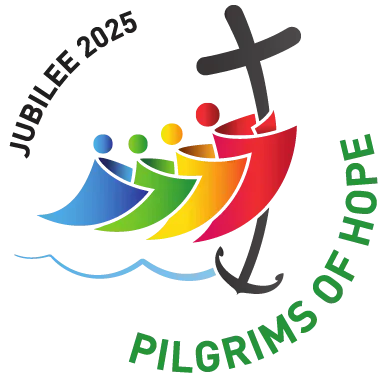Catholic Education NT believes literacy is a basic human right and essential for all students.
Defining Literacy
- Literacy includes reading, writing, speaking, viewing, and listening effectively in various contexts.
- In the 21st century, literacy also involves using and creating traditional texts and using new communication technologies.
Literacy and the Catholic Worldview
- In Catholic schools, literate learners think critically, create meaning, and respond to the world through a Catholic faith perspective.
Foundational Beliefs
- Every student has the right to be literate.
- All students can achieve high standards with the right time, support, and opportunity.
- High expectations and early, ongoing intervention are crucial.
- All teachers can teach to high standards with the right assistance.
- Teachers should be able to explain their teaching methods and reasons.
Effective Literacy System Approach
- Leadership: School leaders will develop and monitor literacy plans, support teachers, and allocate resources for effective literacy teaching, assessment and learning.
- Assessment, Monitoring, and Feedback: Continuous assessment and clear, evidence-informed feedback are vital for tracking student progress and informing teaching.
- Literacy within and across the Curriculum: Literacy supports deep learning in all subjects. Teachers use evidence and data informed practices to collaborate when creating authentic learning experiences and address literacy demands in all areas.
- Identification and Intervention: Early identification of at-risk learners and flexible, responsive intervention strategies are essential.
- Professional Learning: A professional learning plan will align with school improvement and student needs. Teachers will engage in evidence-informed professional learning and share best practices.
- School and Classroom Organisation: Effective use of resources, flexible grouping, and differentiated programs support quality teaching, assessment and learning.
- Home, School, and Community Partnerships: Schools value and engage parents, caregivers, and community members in promoting literacy development.
Overall, these measures ensure children develop their potential and fully participate in society.
References (hyperlinked to):
- Australian Curriculum, Assessment and Reporting Authority (ACARA). (2024). Australian Curriculum, version 9.0. https://v9.australiancurriculum.edu.au/
- CENT Frameworks
- Hunter, J., Stobart, A., & Haywood, A. (2024). The Reading Guarantee: How to give every child the best chance of success. https://grattan.edu.au/report/reading-guarantee/
- Sharratt, L. (2018). Clarity: What matters most in learning, teaching, and leading. Corwin Press
- United Nations. General Assembly, & Canada. Human Rights Directorate. (1991). Convention on the Rights of the Child. Human Rights Directorate.
- NCEC Cognitive foundations: Using a theoretical framework for evidence-based reading instruction and assessment 2024
About CEONT
Catholic Schools
Teaching & Learning
Parents & Communities
Careers

